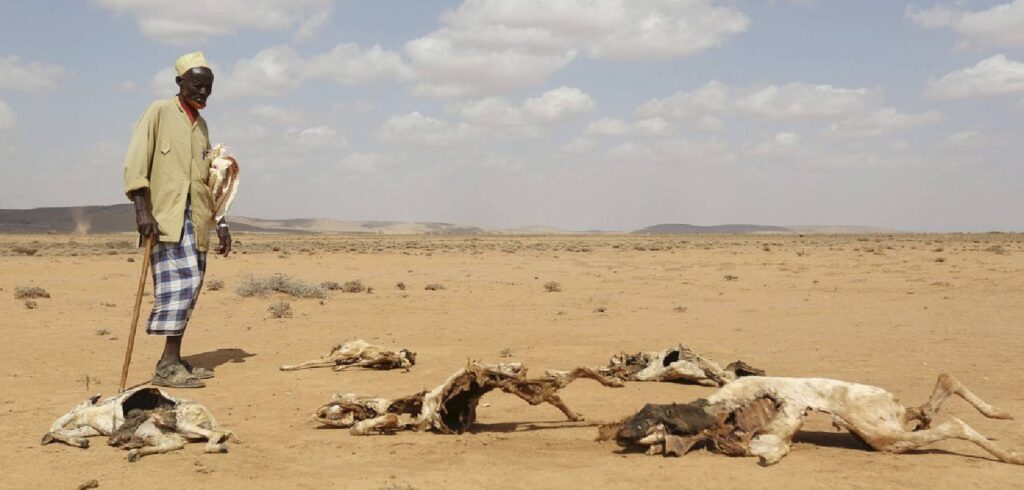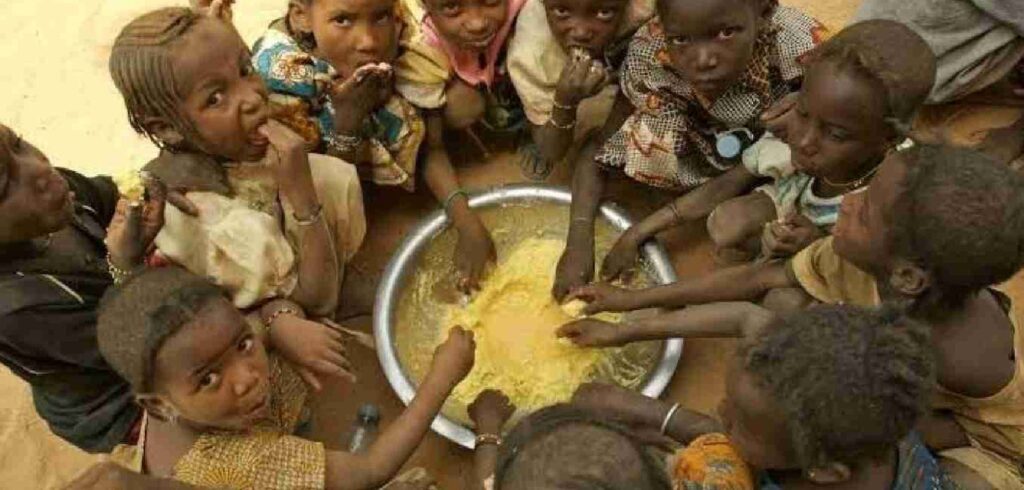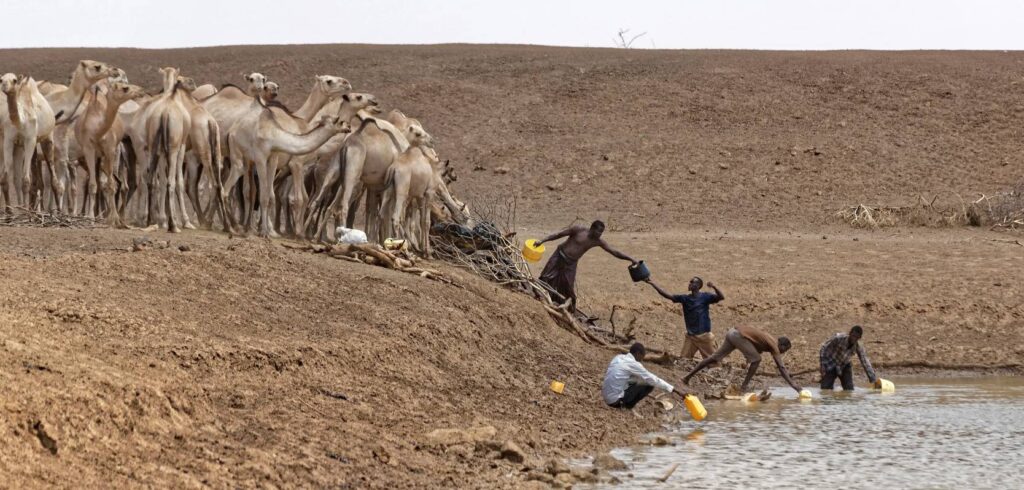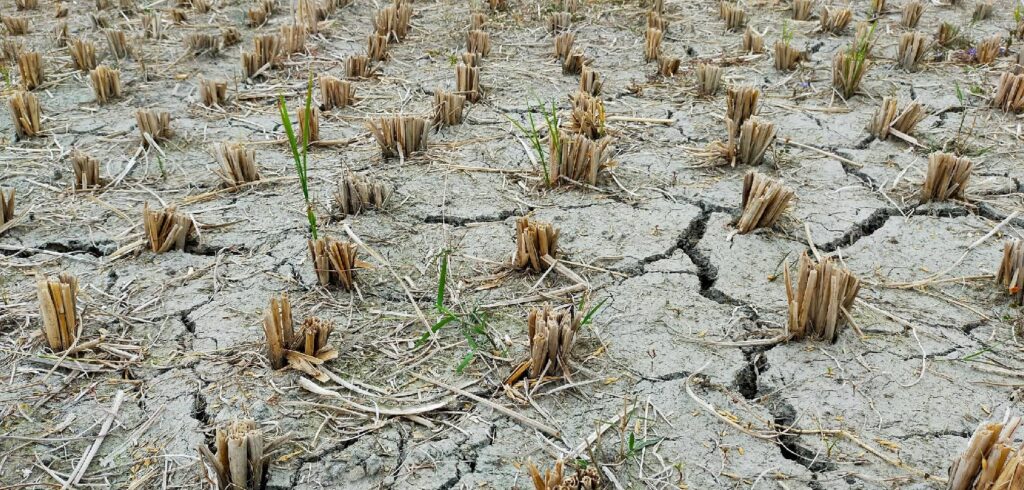
Facing the Drought Crisis in Africa Challenges and Solutions
Africa, a continent rich in natural diversity, is facing serious challenges in the form of drought. This phenomenon not only threatens environmental sustainability, but also the welfare of society in various regions. This article will explain the causes, impacts, and measures that can be taken to overcome the drought crisis in Africa.

Some of the causes of drought in Africa are: Climate change is one of the main causes of drought in Africa. Rising global temperatures and unstable weather patterns are causing extreme weather, including long periods of drought, that Africans are experiencing, making them the victims of the longest-lasting impacts of global warming. Apart from deforestation or uncontrolled clearing of forests, it causes the loss of forest soil layers that can store water. This results in the land becoming more vulnerable to drought, coupled with Unsustainable Agriculture, because Unsustainable agricultural practices, such as excessive use of groundwater and lack of crop rotation, can reduce water availability and damage the soil structure worsening the country’s economic decline, coupled with Population Growth with Increasing population also increases pressure on water and land resources, exacerbating drought, The impact of the drought experienced has caused African countries to have a food crisis, with drought causing crop failure, destroying crops and reducing agricultural productivity, which contributes to a food crisis in various regions that is quite evenly distributed. Additionally, the Clean Water Crisis, which is caused by drought, also impacts the availability of clean water, resulting in a scarcity of drinking water and an increased risk of water-related diseases.

Here we can describe the efforts to overcome the drought experienced by the first African country Resource Management: Improving management of natural resources, including water and forests, can help reduce the impact of drought. The second is with Sustainable Agriculture: Encouraging sustainable agricultural practices, such as efficient irrigation and crop rotation, can increase agricultural resilience to drought. Third: Public Education and Awareness: Increasing public education and awareness about the impacts of drought as well as ways to reduce water consumption can help change behavior and reduce pressure on resources with the addition of Technology Development: Using advanced technology in weather monitoring, water management and agriculture can help reduce the risk of drought.

The drought crisis in Africa requires a holistic and collaborative response from governments, communities and international institutions. By taking preventative steps and supporting sustainable innovation, we can work together to reduce the impact of drought and build a future that is more resilient to climate change.